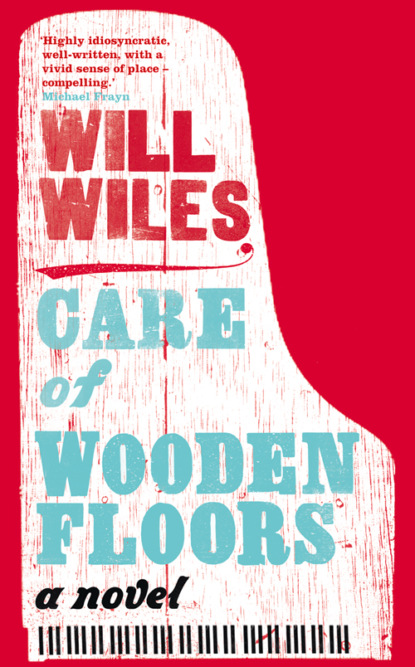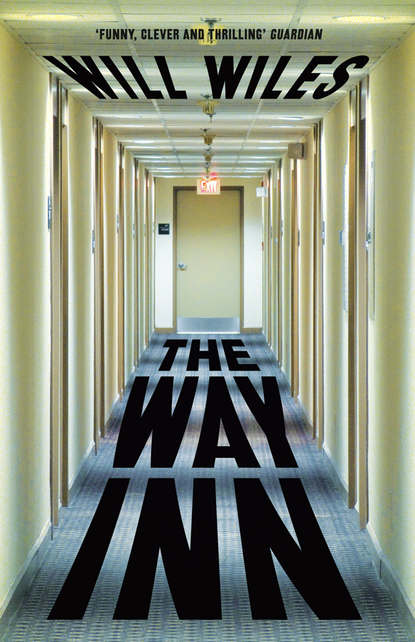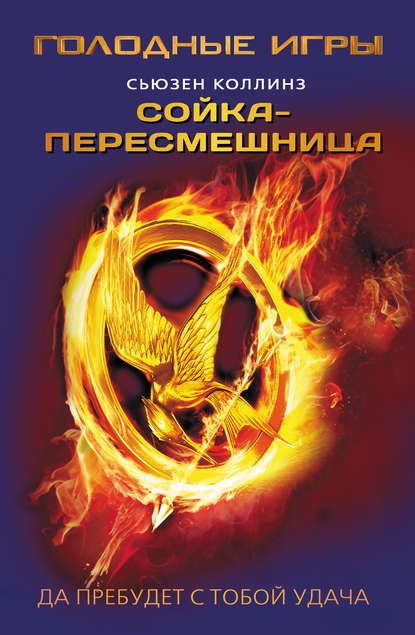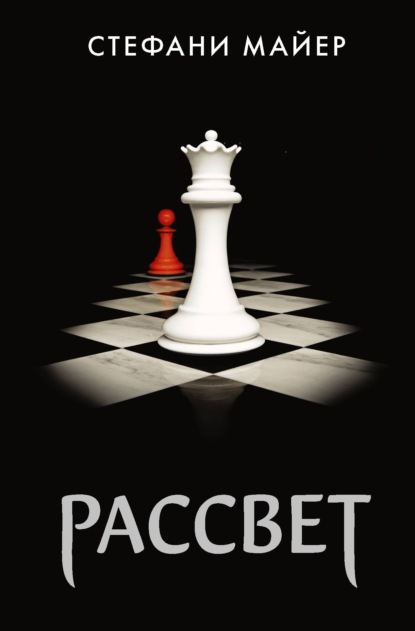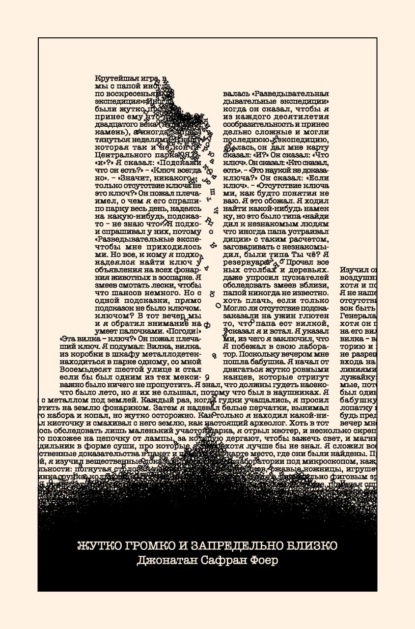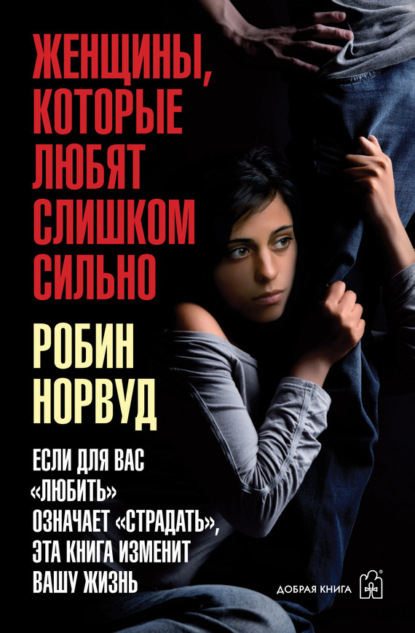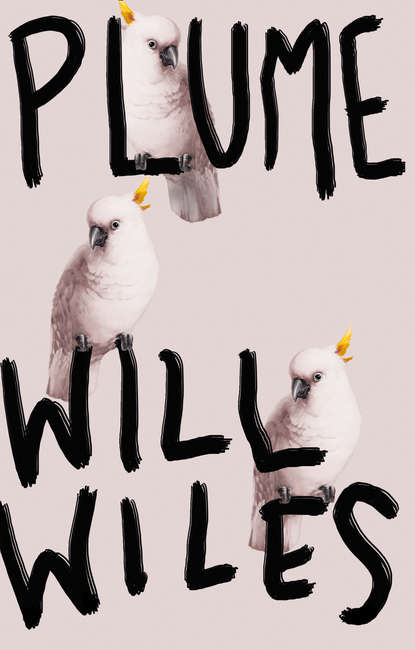
Текст
отзывы: 0 | рейтинг: 0
Plume
Жанр:
Язык:
Английский
Тип:
Текст
Год издания:
2019
Полная версия
Полная версия
Plume
Will Wiles
The dark, doomy humour of Care of Wooden Floors mixed with the fantastical, anarchic sense of possibility of The Way Inn, brought together in a fast moving story set in contemporary London.Jack Bick is an interview journalist at a glossy lifestyle magazine. From his office window he can see a black column of smoke in the sky, the result of an industrial accident on the edge of the city. When Bick goes from being a high-functioning alcoholic to being a non-functioning alcoholic, his life goes into freefall, the smoke a harbinger of truth, an omen of personal apocalypse. An unpromising interview with Oliver Pierce, a reclusive cult novelist, unexpectedly yields a huge story, one that could save his job. But the novelist knows something about Bick, and the two men are drawn into a bizarre, violent partnership that is both an act of defiance against the changing city, and a surrender to its spreading darkness.With its rich emotional palette, Plume explores the relationship between truth and memory: personal truth, journalistic truth, novelistic truth. It is a surreal and mysterious exploration of the precariousness of life in modern London.
Copyright (#u12ebdc24-7568-5f1f-957f-b8f9476145db)
4th Estate
An imprint of HarperCollinsPublishers
1 London Bridge Street
London SE1 9GF
www.4thEstate.co.uk (http://www.4thEstate.co.uk)
This eBook first published in Great Britain by 4th Estate in 2019
Copyright © Will Wiles 2019
Cover design by Luke Bird
Cover illustration © Blue Jean Images / Alamy
Will Wiles asserts the moral right to be identified as the author of this work
A catalogue record for this book is available from the British Library
Information on previously published material appears here (#litres_trial_promo).
All rights reserved under International and Pan-American Copyright Conventions. By payment of the required fees, you have been granted the non-exclusive, non-transferable right to access and read the text of this e-book on-screen. No part of this text may be reproduced, transmitted, down-loaded, decompiled, reverse engineered, or stored in or introduced into any information storage and retrieval system, in any form or by any means, whether electronic or mechanical, now known or hereinafter invented, without the express written permission of HarperCollins
Source ISBN: 9780008194413
Ebook Edition © March 2019 ISBN: 9780008194420
Version: 2019-03-25
Dedication (#u12ebdc24-7568-5f1f-957f-b8f9476145db)
For my parents, with love.
Epigraph (#u12ebdc24-7568-5f1f-957f-b8f9476145db)
‘People begin to see that something more goes into the composition of a fine murder than two blockheads to kill and be killed — a knife — a purse — and a dark lane. Design, gentlemen, grouping, light and shade, poetry, sentiment, are now deemed indispensable to attempts of this nature.’
‘On Murder Considered as One of the Fine Arts’
Thomas De Quincey
Contents
Cover (#u08e4147d-a5f5-5e28-a482-9befe979262c)
Title Page (#u9ac9b441-b925-58f6-8b95-55746e51bba4)
Copyright
Dedication
Epigraph
Chapter One
Chapter Two
Chapter Three
Chapter Four
Chapter Five
Chapter Six
Chapter Seven
Chapter Eight
Chapter Nine
Chapter Ten
Chapter Eleven
Chapter Twelve
Acknowledgements
About the Author
Also by Will Wiles
About the Publisher
ONE (#u12ebdc24-7568-5f1f-957f-b8f9476145db)
We want beginnings. We want strong, obvious beginnings. Start late, finish early, that’s the advice from people who write magazine features. Ditch the scene-setting, background-illustrating and throat-clearing and get stuck in. It’s not a novel.
Lately, however, I’ve been fixated on beginnings, and their impossibility. I trace back and back through my life, trying to find the day, the hour I started to fail. Whenever I alight upon a plausible incident, where it might make sense to begin, I find causes and reasons and conditions and patterns that can be traced back further. And then I discover that I have gone back too far, that I have reached a point well before the event horizon of my failure, where the mass of it in my future overcomes any possibility of escape in the present. No fatal slip, or fatal sip.
Start late, finish early. Start with a bang. Later, a couple of my colleagues would claim that they heard the explosion. The rest would insist that it was too far away to be heard and that the others were mistaken.
I did not hear it. I felt it. The shockwave, widening and waning as it raced through east London, passed through my chair, through my notebook, through my phone, and through the people seated around the aquarium conference table. As it passed through me – through the acid wash of my gut, through raw, quivering membranes, through the poisoned fireworks of my brain – the wave registered as a shudder. It tripped a full-body quake, a cascade of involuntary movements beginning at the base of my spine and progressing out to my fingertips. These episodes had been getting worse lately, but I knew this was more than the usual shakes: as I felt the wave, I saw it. My eyes were focused on the glass of sparkling water in front of me. I had been trying to lose myself in its steady, pure, radio-telescope crackling. When the shock of the blast reached us, it had just enough strength to knock every bubble from the sides of the glass, and they all rose together in a rush. No one else reacted. No one else saw.
No ripple could be seen in the rectangular black pond of my phone, which was lying on the conference table in front of me. Within it, though, beneath its surface, ripples … But the Monday meeting had rules, strict rules, and my phone was silenced. Really, it should have been turned off, but I knew that it was on behind that finger-smeared glass, awaiting my activating caress.
‘Explosion’ was not my first thought. I guessed that a car had hit the building, or one nearby. These Victorian industrial relics all leaned up against each other, and interconnected and overlapped in unexpected ways. Strike one and the whole block might quiver. But it could have been nothing. Without the evidence of the glass in front of me, I might have believed that I had imagined the shock, or that it had taken place within me, a convulsion among my jangling nerves, and I had projected it onto the world.
Even the bubbles were no more than a wisp of proof that an Event had taken place; they were gone now, and no further indications had shown themselves. None of my colleagues had stirred – they were either discussing what to put in the magazine, or looking attentive. As was I. There were no shouts or sirens from the street, not that we’d hear them behind double glazing six storeys up.
But on the phone, though, through that window … Whatever had happened might now be filling that silent shingle with bright reaction. With a touch, I would be able to see if anyone else had heard, or felt, an impact or quake in east London; I would be able to ask that question of the crowd, and see who else was asking it. And I might be able to watch as an event in the world became an Event in the floodlit window-world – the window we use to look in, not out. It was magical seeing real news break online, from the first hesitant, confused notices to the deluge of report and response. An earthquake, a bomb, a celebrity death. And if you scrolled down, reached back, you could find the very first appearance of that Event in your feed or timeline, the threshold – the point where, for you, the Event began, the point at which the world changed a little. Or a lot. In front of me, in real time, the Event would be identified, located, named and photographed. And the real Event would generate shadow events, doppelhappens, mistaken impressions, malicious rumours, overreactions, conspiracy theories. More than merely watching, I would be participating, relaying what I had seen or heard or felt, recirculating the views of others if I thought they deserved it, trimming away error and boosting truth. Journalism, really, in its distributed twenty-first-century form.
(I sickened as I thought of the Upgrade, the digitisation effort taking place on the floor below, all those features I had written being plucked from their dusty, safe, obscure sarcophagus in the magazine’s archives, scanned, and run through text-recognition software. Soon they would be online. It couldn’t be stopped.)
Being denied the chance to check if an Event was indeed happening felt physical to me, withdrawal layered over withdrawal. The action would be so quick: a squeeze on the power button, dismiss the welcome screen, select the appropriate network from the platter of inviting icons on my home page. I no longer even saw those icons: the white bird of Twitter against its baby-blue background, the navy lower-case t of Tumblr, the mid-blue upper-case T of Tamesis, enclosed in a riverine bend. For something happening in London, Tamesis might be best, the smallest and the newest of those three. It had started as a way of finding bars and restaurants, and prospered on the eerie strength of its recommendations. But it was evolving into much more than that, rolling out new functions and abilities, constantly sucking in data from other networks, informing itself about the city and its users. If there had been a bomb, or a gas explosion, or even a significant car accident, Tamesis would know about it before most people, pulling in keywords and speculation from Twitter and Facebook and elsewhere, cross-checking and corroborating, and making informed guesses – preternaturally informed. Maybe that, really, was twenty-first-century journalism: done by an algorithm in a black box.
With the passing minutes the importance of the vibration diminished, but my desire to escape this room and dive into the messages, amusements and distractions of the phone only strengthened. It was right there in front of me, but inaccessible – Eddie would be greatly displeased. He was relaxed about a lot of things that might bother other bosses, but the no phones rule in the Monday meeting was sacrosanct, and I saw his point. Allow one, just for a second, and everyone would be on them the whole time. But the thought had taken root. Not only was I cut off from the sparkling constellation of others, I was cut off from myself, the online me, the one who didn’t tremor and sicken at 11 a.m. on a Monday morning, the one who charmed and kept regular hours and lived a fascinating life, not this shambles who sweltered in the aquarium. The old image of life after death was the ghost, which inhabited without occupying, and observed without possessing or influencing. But here I was, in this meeting, alive and a ghost. Death, I imagined, would be more akin to being stuck on the outside of an unpowered screen – the world still blazing away there, wherever there was, but imprisoned behind vitrified smoke.
If I could be reunited with that shining soul behind the glass, though, the happy success, not the ailing failure, I could check in with the others – Kay, for instance, sitting across from me but looking at Eddie, as mute and inaccessible as my phone. I could send her a message, see what she had been saying on Twitter, Tamesis, Facebook, Instagram … I doubted there would be anything to see. I greatly preferred the other version of me who would be doing the looking, though, the assurance and charisma of his interactions with others. He had no hands that might shake or knees that might buckle. His visage appeared only behind moody filters, hiding the sweat and pallor. He was always on his way somewhere interesting, not fleeing rooms full of people. What would become of that Jack Bick when this one was finished? I wondered. His was the greater tragedy. He had not brought failure upon himself. How I wanted to be in his company, but how bittersweet I now found those times together. It was like seeing an attractive house from a train window and thinking, Yes, what a fine place to live – and realising that the railway line ran right past its windows, the passing trains full of strangers gawping in. This was the relationship between my online and my offline. The phone is the dark reflecting pool for the monument of the self.
Will Wiles
The dark, doomy humour of Care of Wooden Floors mixed with the fantastical, anarchic sense of possibility of The Way Inn, brought together in a fast moving story set in contemporary London.Jack Bick is an interview journalist at a glossy lifestyle magazine. From his office window he can see a black column of smoke in the sky, the result of an industrial accident on the edge of the city. When Bick goes from being a high-functioning alcoholic to being a non-functioning alcoholic, his life goes into freefall, the smoke a harbinger of truth, an omen of personal apocalypse. An unpromising interview with Oliver Pierce, a reclusive cult novelist, unexpectedly yields a huge story, one that could save his job. But the novelist knows something about Bick, and the two men are drawn into a bizarre, violent partnership that is both an act of defiance against the changing city, and a surrender to its spreading darkness.With its rich emotional palette, Plume explores the relationship between truth and memory: personal truth, journalistic truth, novelistic truth. It is a surreal and mysterious exploration of the precariousness of life in modern London.
Copyright (#u12ebdc24-7568-5f1f-957f-b8f9476145db)
4th Estate
An imprint of HarperCollinsPublishers
1 London Bridge Street
London SE1 9GF
www.4thEstate.co.uk (http://www.4thEstate.co.uk)
This eBook first published in Great Britain by 4th Estate in 2019
Copyright © Will Wiles 2019
Cover design by Luke Bird
Cover illustration © Blue Jean Images / Alamy
Will Wiles asserts the moral right to be identified as the author of this work
A catalogue record for this book is available from the British Library
Information on previously published material appears here (#litres_trial_promo).
All rights reserved under International and Pan-American Copyright Conventions. By payment of the required fees, you have been granted the non-exclusive, non-transferable right to access and read the text of this e-book on-screen. No part of this text may be reproduced, transmitted, down-loaded, decompiled, reverse engineered, or stored in or introduced into any information storage and retrieval system, in any form or by any means, whether electronic or mechanical, now known or hereinafter invented, without the express written permission of HarperCollins
Source ISBN: 9780008194413
Ebook Edition © March 2019 ISBN: 9780008194420
Version: 2019-03-25
Dedication (#u12ebdc24-7568-5f1f-957f-b8f9476145db)
For my parents, with love.
Epigraph (#u12ebdc24-7568-5f1f-957f-b8f9476145db)
‘People begin to see that something more goes into the composition of a fine murder than two blockheads to kill and be killed — a knife — a purse — and a dark lane. Design, gentlemen, grouping, light and shade, poetry, sentiment, are now deemed indispensable to attempts of this nature.’
‘On Murder Considered as One of the Fine Arts’
Thomas De Quincey
Contents
Cover (#u08e4147d-a5f5-5e28-a482-9befe979262c)
Title Page (#u9ac9b441-b925-58f6-8b95-55746e51bba4)
Copyright
Dedication
Epigraph
Chapter One
Chapter Two
Chapter Three
Chapter Four
Chapter Five
Chapter Six
Chapter Seven
Chapter Eight
Chapter Nine
Chapter Ten
Chapter Eleven
Chapter Twelve
Acknowledgements
About the Author
Also by Will Wiles
About the Publisher
ONE (#u12ebdc24-7568-5f1f-957f-b8f9476145db)
We want beginnings. We want strong, obvious beginnings. Start late, finish early, that’s the advice from people who write magazine features. Ditch the scene-setting, background-illustrating and throat-clearing and get stuck in. It’s not a novel.
Lately, however, I’ve been fixated on beginnings, and their impossibility. I trace back and back through my life, trying to find the day, the hour I started to fail. Whenever I alight upon a plausible incident, where it might make sense to begin, I find causes and reasons and conditions and patterns that can be traced back further. And then I discover that I have gone back too far, that I have reached a point well before the event horizon of my failure, where the mass of it in my future overcomes any possibility of escape in the present. No fatal slip, or fatal sip.
Start late, finish early. Start with a bang. Later, a couple of my colleagues would claim that they heard the explosion. The rest would insist that it was too far away to be heard and that the others were mistaken.
I did not hear it. I felt it. The shockwave, widening and waning as it raced through east London, passed through my chair, through my notebook, through my phone, and through the people seated around the aquarium conference table. As it passed through me – through the acid wash of my gut, through raw, quivering membranes, through the poisoned fireworks of my brain – the wave registered as a shudder. It tripped a full-body quake, a cascade of involuntary movements beginning at the base of my spine and progressing out to my fingertips. These episodes had been getting worse lately, but I knew this was more than the usual shakes: as I felt the wave, I saw it. My eyes were focused on the glass of sparkling water in front of me. I had been trying to lose myself in its steady, pure, radio-telescope crackling. When the shock of the blast reached us, it had just enough strength to knock every bubble from the sides of the glass, and they all rose together in a rush. No one else reacted. No one else saw.
No ripple could be seen in the rectangular black pond of my phone, which was lying on the conference table in front of me. Within it, though, beneath its surface, ripples … But the Monday meeting had rules, strict rules, and my phone was silenced. Really, it should have been turned off, but I knew that it was on behind that finger-smeared glass, awaiting my activating caress.
‘Explosion’ was not my first thought. I guessed that a car had hit the building, or one nearby. These Victorian industrial relics all leaned up against each other, and interconnected and overlapped in unexpected ways. Strike one and the whole block might quiver. But it could have been nothing. Without the evidence of the glass in front of me, I might have believed that I had imagined the shock, or that it had taken place within me, a convulsion among my jangling nerves, and I had projected it onto the world.
Even the bubbles were no more than a wisp of proof that an Event had taken place; they were gone now, and no further indications had shown themselves. None of my colleagues had stirred – they were either discussing what to put in the magazine, or looking attentive. As was I. There were no shouts or sirens from the street, not that we’d hear them behind double glazing six storeys up.
But on the phone, though, through that window … Whatever had happened might now be filling that silent shingle with bright reaction. With a touch, I would be able to see if anyone else had heard, or felt, an impact or quake in east London; I would be able to ask that question of the crowd, and see who else was asking it. And I might be able to watch as an event in the world became an Event in the floodlit window-world – the window we use to look in, not out. It was magical seeing real news break online, from the first hesitant, confused notices to the deluge of report and response. An earthquake, a bomb, a celebrity death. And if you scrolled down, reached back, you could find the very first appearance of that Event in your feed or timeline, the threshold – the point where, for you, the Event began, the point at which the world changed a little. Or a lot. In front of me, in real time, the Event would be identified, located, named and photographed. And the real Event would generate shadow events, doppelhappens, mistaken impressions, malicious rumours, overreactions, conspiracy theories. More than merely watching, I would be participating, relaying what I had seen or heard or felt, recirculating the views of others if I thought they deserved it, trimming away error and boosting truth. Journalism, really, in its distributed twenty-first-century form.
(I sickened as I thought of the Upgrade, the digitisation effort taking place on the floor below, all those features I had written being plucked from their dusty, safe, obscure sarcophagus in the magazine’s archives, scanned, and run through text-recognition software. Soon they would be online. It couldn’t be stopped.)
Being denied the chance to check if an Event was indeed happening felt physical to me, withdrawal layered over withdrawal. The action would be so quick: a squeeze on the power button, dismiss the welcome screen, select the appropriate network from the platter of inviting icons on my home page. I no longer even saw those icons: the white bird of Twitter against its baby-blue background, the navy lower-case t of Tumblr, the mid-blue upper-case T of Tamesis, enclosed in a riverine bend. For something happening in London, Tamesis might be best, the smallest and the newest of those three. It had started as a way of finding bars and restaurants, and prospered on the eerie strength of its recommendations. But it was evolving into much more than that, rolling out new functions and abilities, constantly sucking in data from other networks, informing itself about the city and its users. If there had been a bomb, or a gas explosion, or even a significant car accident, Tamesis would know about it before most people, pulling in keywords and speculation from Twitter and Facebook and elsewhere, cross-checking and corroborating, and making informed guesses – preternaturally informed. Maybe that, really, was twenty-first-century journalism: done by an algorithm in a black box.
With the passing minutes the importance of the vibration diminished, but my desire to escape this room and dive into the messages, amusements and distractions of the phone only strengthened. It was right there in front of me, but inaccessible – Eddie would be greatly displeased. He was relaxed about a lot of things that might bother other bosses, but the no phones rule in the Monday meeting was sacrosanct, and I saw his point. Allow one, just for a second, and everyone would be on them the whole time. But the thought had taken root. Not only was I cut off from the sparkling constellation of others, I was cut off from myself, the online me, the one who didn’t tremor and sicken at 11 a.m. on a Monday morning, the one who charmed and kept regular hours and lived a fascinating life, not this shambles who sweltered in the aquarium. The old image of life after death was the ghost, which inhabited without occupying, and observed without possessing or influencing. But here I was, in this meeting, alive and a ghost. Death, I imagined, would be more akin to being stuck on the outside of an unpowered screen – the world still blazing away there, wherever there was, but imprisoned behind vitrified smoke.
If I could be reunited with that shining soul behind the glass, though, the happy success, not the ailing failure, I could check in with the others – Kay, for instance, sitting across from me but looking at Eddie, as mute and inaccessible as my phone. I could send her a message, see what she had been saying on Twitter, Tamesis, Facebook, Instagram … I doubted there would be anything to see. I greatly preferred the other version of me who would be doing the looking, though, the assurance and charisma of his interactions with others. He had no hands that might shake or knees that might buckle. His visage appeared only behind moody filters, hiding the sweat and pallor. He was always on his way somewhere interesting, not fleeing rooms full of people. What would become of that Jack Bick when this one was finished? I wondered. His was the greater tragedy. He had not brought failure upon himself. How I wanted to be in his company, but how bittersweet I now found those times together. It was like seeing an attractive house from a train window and thinking, Yes, what a fine place to live – and realising that the railway line ran right past its windows, the passing trains full of strangers gawping in. This was the relationship between my online and my offline. The phone is the dark reflecting pool for the monument of the self.
Другие книги автора:
Популярные книги





